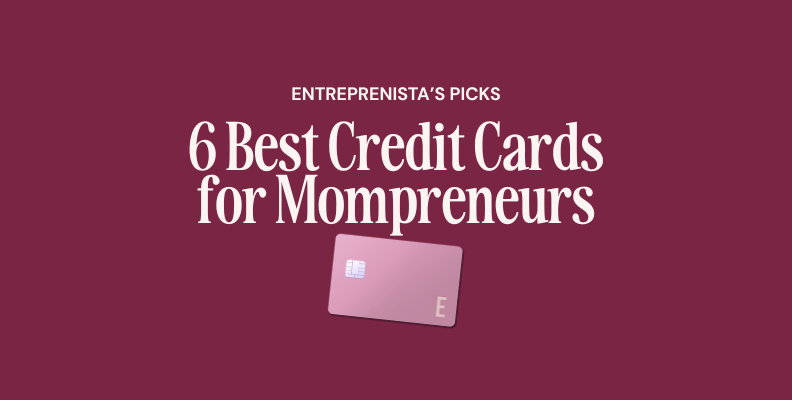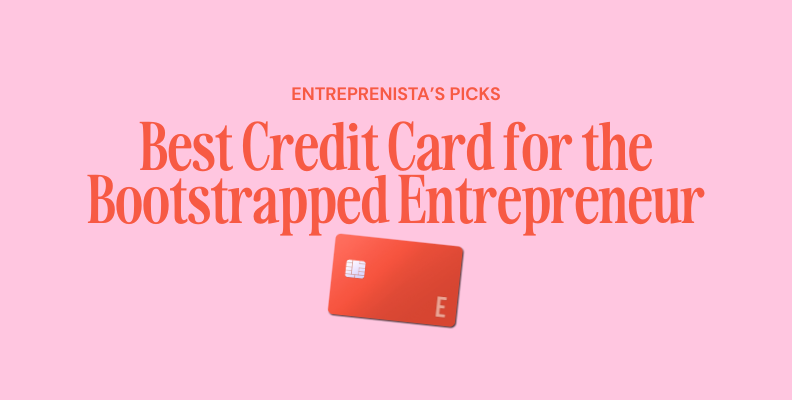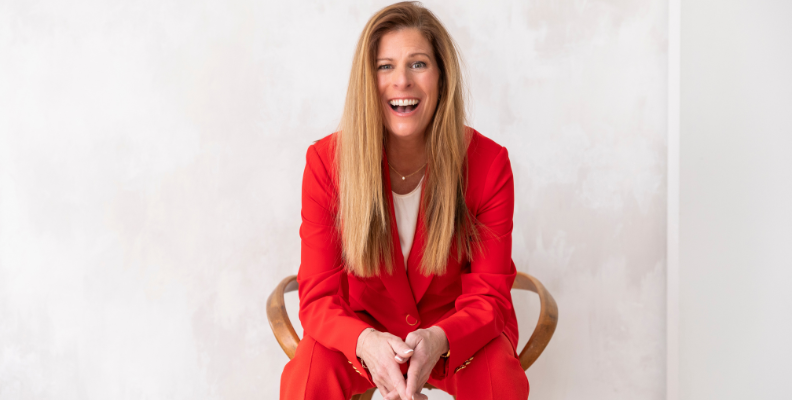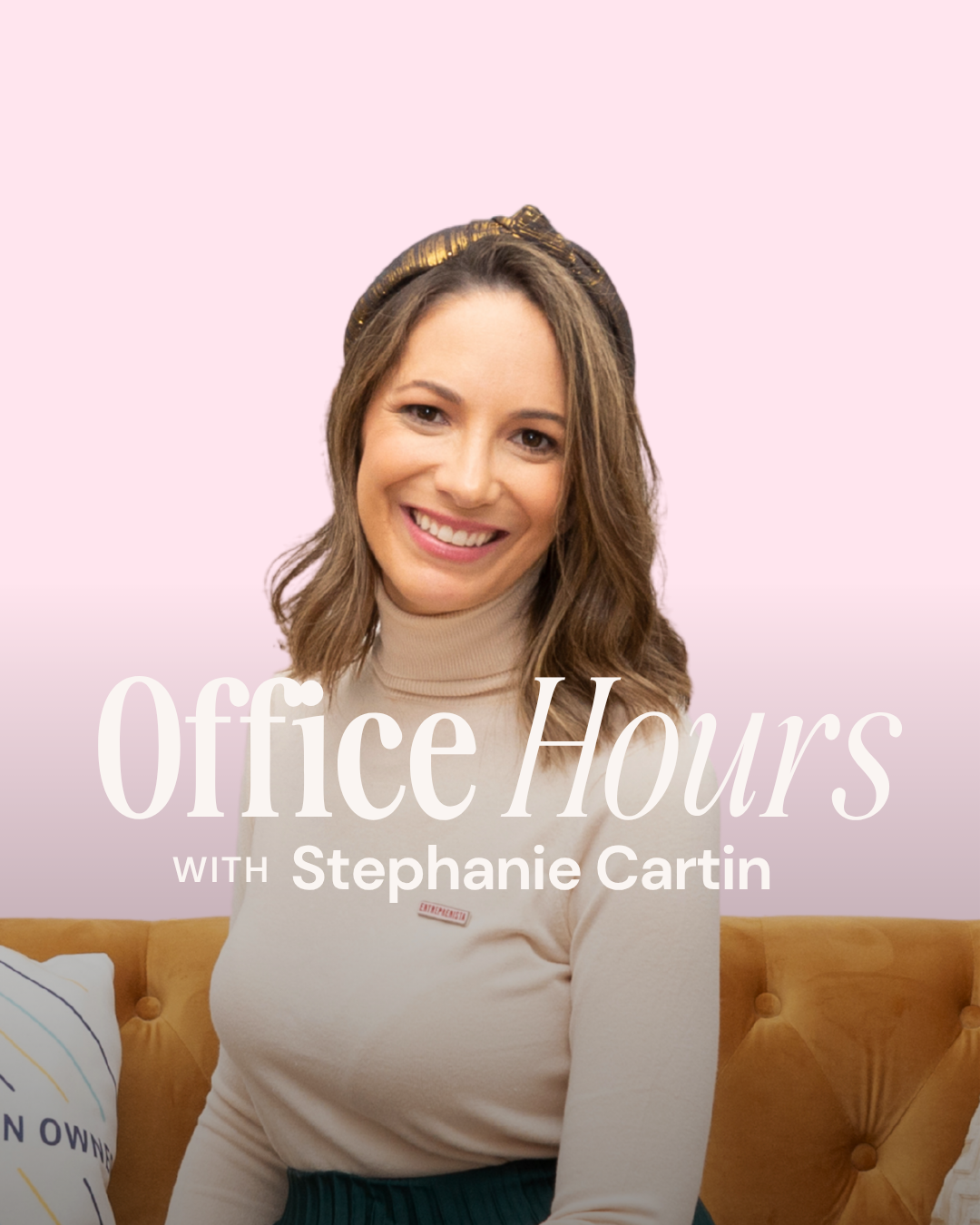
How Women Entrepreneurs Can Access Capital Before They’re Profitable
July 28, 2025
Starting a business is often fueled by vision: freedom, purpose, passion. You imagine serving your dream clients, setting your own schedule, and building something that matters.
Yet what no one tells you is this: in the first 24 months, funding that vision is one of the hardest challenges you’ll face.
Most businesses don’t turn a profit for 2–3 years. Yet, most traditional lenders only offer capital after you’re already profitable. It’s the ultimate catch-22: you need money to grow, but you need to grow to get the money.
So what’s an early-stage entrepreneur to do, especially when you’re a woman navigating a system that wasn’t built with you in mind?
In this guide, you’ll learn the early-stage funding strategies women entrepreneurs are using to access capital before profitability. The good news? There is a growing wave of grants, accelerators, angel investors and credit tools available to women to fuel your vision.
Why The Gender Lending Gap Still Hurts Women Entrepreneurs
Over 50 years ago, a woman couldn’t get a real estate loan without a male co-signer. Fast forward to today, while we’ve made progress, the funding system still wasn't built with us in mind.
Only 16% of all conventional small business loans go to women, according to the U.S. Small Business Administration. For women of color, the percentage is even lower.
When women apply for funding, they often face:
- Higher scrutiny on business models
- Lower institutional risk tolerance
- More conservative (and skeptical) lines of questioning
It’s not just frustrating, it’s also systemic.
Marianne Markowitz, CEO of First Women’s Bank and former head of the SBA, puts it: “Access to capital is the #1 barrier for women entrepreneurs. We need financial institutions designed with her in mind.”
The landscape is changing, but we’re not there yet. That’s why knowing how to navigate alternative funding options is essential.
Client Case Study: Funding a Business Before Profitability
One of my clients was running a business with $250K in revenue and strong potential to scale. She was looking for early-stage funding of $50K to invest in systems, team, and marketing.
Since she wasn’t yet profitable, traditional lenders said no.
Here’s what we did instead:
✅ Applied for targeted grants
✅ Leveraged 0% business credit cards
✅ Explored women-focused accelerators
✅ Created a 24-month capital roadmap tied to her growth goals
The result? Faster growth without waiting for permission.
Early-stage founders need the same: a clear roadmap with funding options, trade-offs and timelines to avoid costly mistakes.
Here’s a practical overview of the most common funding paths.
6 Funding Options for Women Entrepreneurs Before Profitability
1. Business Loans: Traditional, but Tough to Land Early On
- Where: Traditional banks, First Women’s Bank, SBA (Small Business Association) lenders
- Amounts: Typically $10K-$100K
- Pros: Lower interest rates, no equity loss, long-term repayment options
- Cons: Require profitability, often 2+ years in business, and strong credit
➡️ Tip: First Women’s Bank is a standout for women founders. They understand the gender lending gap and evaluate your business with a women-centered evaluation process.
2. Grants: Free Money (With a Time Investment)
- Where: Government, corporations, and platform-based programs
- Best For: Founders with a social mission or compelling business impact
- Amounts: Typically $5K–$25K
- Pros: No repayment
- Cons: Time-intensive application process
➡️ Tip: The Entreprenista League regularly shares grant opportunities for women-led businesses.
3. Funding Platforms: Turn Your Audience into Your Investors
- Examples: IFundWomen, Kickstarter, Hello Alice
- Best For: Product-based or strong mission-driven brands with an engaged audience
- Pros: Leverage community for funding
- Cons: Requires visibility, storytelling and marketing effort
➡️ Tip: Crowdfunding works best when you already have a visible platform or are launching something exciting. You want to plan your campaign like a product launch.
When to Consider Equity-Based Funding
Funding options that involve equity, where you give up ownership in exchange for capital, should be approached strategically. It’s easy to be swept up by Shark Tank-style glamour that makes it feel exciting to be chosen by investors. However, these deals aren’t always founder-friendly.
4. Accelerators: Support + Funding = Equity
- What They Offer: Mentorship, structure, $25K–$100K funding
- Pros: Strategic support, ecosystem access, credibility boost
- Cons: Often requires 5–10% equity
- Example: A $50K investment at a $500K valuation = 10% equity loss
➡️ Tip: Check out Pipeline Angels, Tory Burch Foundation, or SheEO (now Coralus) which are designed to support women founders, often with more founder-friendly terms.
5. Angel Investors: Great for Smart Money, Not Just Any Money
- Best For: Scalable businesses with 6-7 figure growth
- Amounts: $25K–$100K from high-net-worth individuals
- Pros: Strategic guidance, credibility, early capital
- Cons: Equity trade-off, expectations of scale and speed
- Example: A $50K investment at a $500K valuation = 10% equity loss. That is just the beginning with the seed round.
➡️ Tip: Look for smart money, investors who can mentor, open doors, or champion you. There are more women angel investors groups seeking women founders.
6. Venture Capital: High Stakes, High Pressure
- Best For: High-growth startups aiming to scale to $100M+ (and unicorn status)
- Amounts: $500K-millions
- Pros: Large-scale funding and visibility
- Cons: Loss of control, board oversight and scale-at-any-cost demands
➡️ Ask Yourself: Do I want to grow a profitable, sustainable business, or a rocket ship at any cost? There’s no wrong answer, but there is a wrong fit.
Bonus Strategy: The 0% APR Credit Card Strategy
If you're not ready for loans or investors, consider:
- What: Open two 0% APR credit cards before you leave your day job
- Best For: Founders preparing to transition from W-2 income and/or strong credit
- Pros: Interest-free funding for 12–18 months
- Cons: Pay off before rates jump to 20%+
➡️ Tip: Consider this a bridge strategy. Treat it like short-term funding with a plan to pay it off.
The Wealth Shift: Women Funding Women
By 2030, women are projected to control over 65% of wealth in the U.S. The great news is that they’re investing differently, such as investing in women-led businesses, purpose-driven ventures, and systems that address the gaps across financial services for women.
Philanthropists like MacKenzie Scott, Sara Blakely and Tory Burch are leading the wealth shift by investing directly in women-owned businesses with dedicated grants and business programs. It’s not just funding, it’s also financial leadership for the systemic changes we need to see.
As I wrote in The Biggest Wealth Shift Ever for Women: “This isn’t just a financial movement, it’s a leadership one. When women control wealth, they don’t just build businesses. They reshape industries, reinvest in communities, and rewrite the rules.”
Final Takeaway: You Don’t Need Permission to Fund Your Vision
Yes, the gender lending gap is real. Yet the growing ecosystem of startup capital available for women is creating more options.
You don’t need to bootstrap forever. You don’t need to wait for permission. You do need a strategy and the support to see it through.
Grants. Accelerators. 0% credit cards. Angel investors. These are powerful financial tools.
Let’s normalize the conversation about startup funding.
Let’s share the tools.
Let’s make capital part of the business-building journey from day one.
About Kelly Gushue, Wall Street Insider Turned Financial Coach
Ready to create your funding roadmap? I help 6- & 7-figure women entrepreneurs build a financial roadmap and personal wealth plan inside my Money Mastery Mastermind. Explore tools, trainings and free resources at www.PersonalFinanceWarrior.com. Book a call with Kelly HERE!
With two decades of Wall Street experience at JPMorgan, Citi, and Fidelity, Kelly Gushue simplifies wealth building for busy women entrepreneurs. From a childhood paper route to Harvard and a Chicago Booth MBA, Kelly’s global perspective and practical investment strategies help women turn business income into lasting personal wealth, without the jargon or burnout.














.png)

.png)





